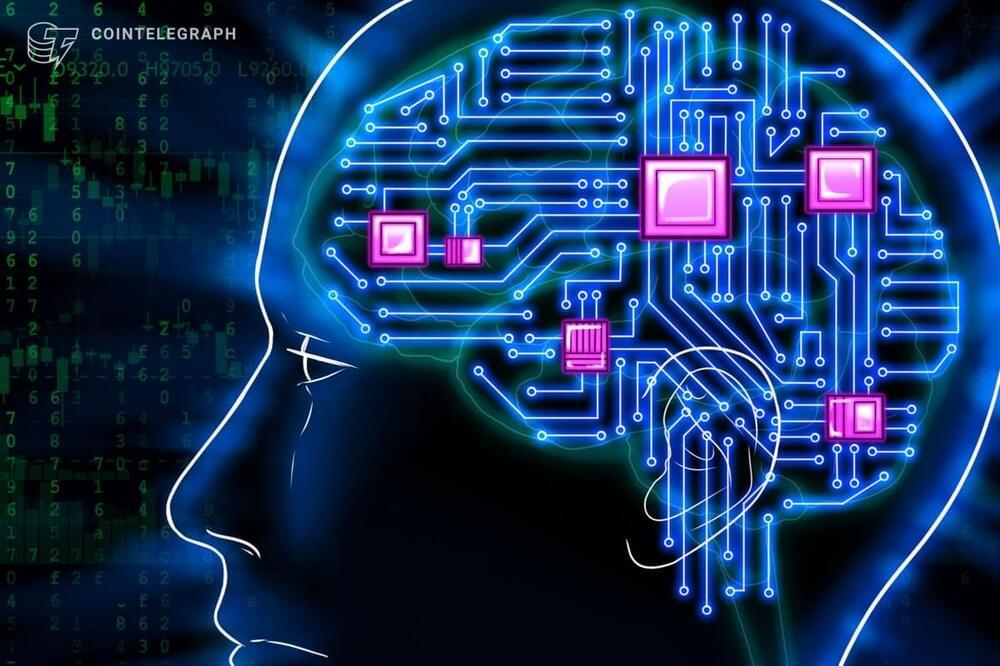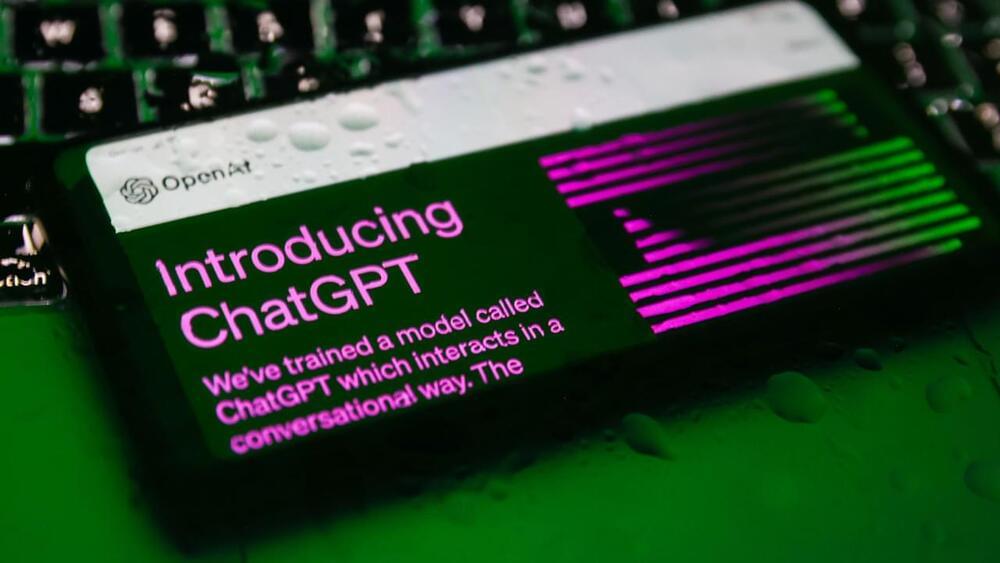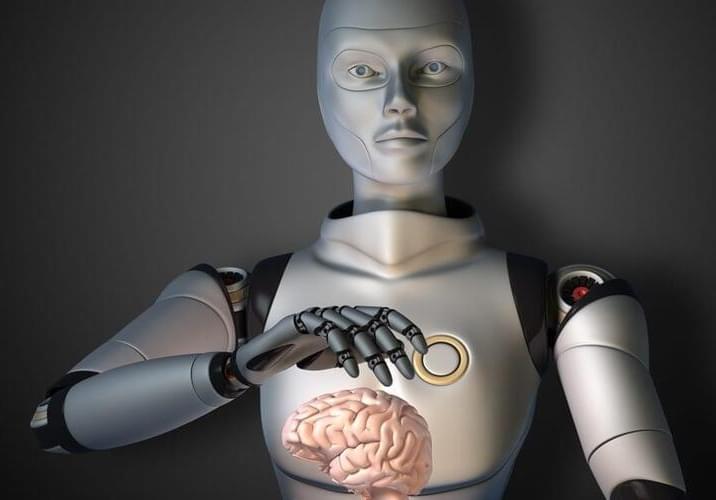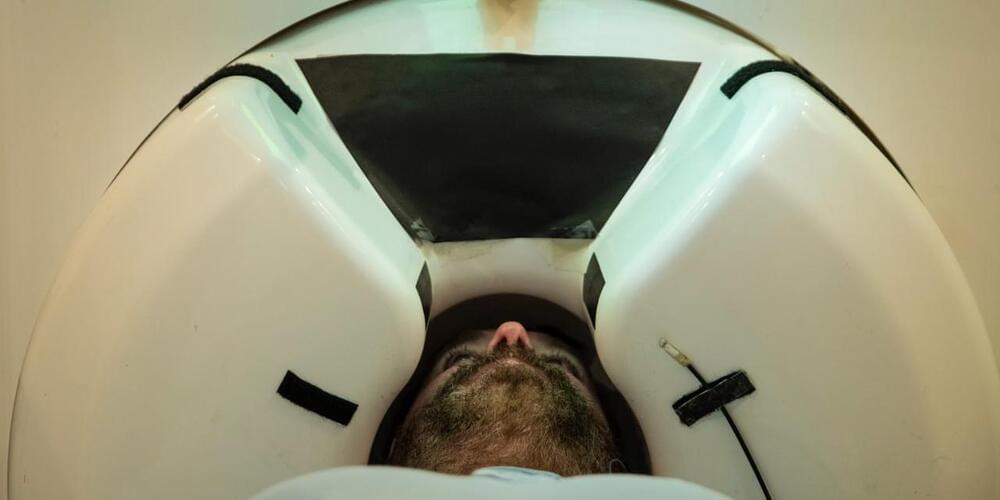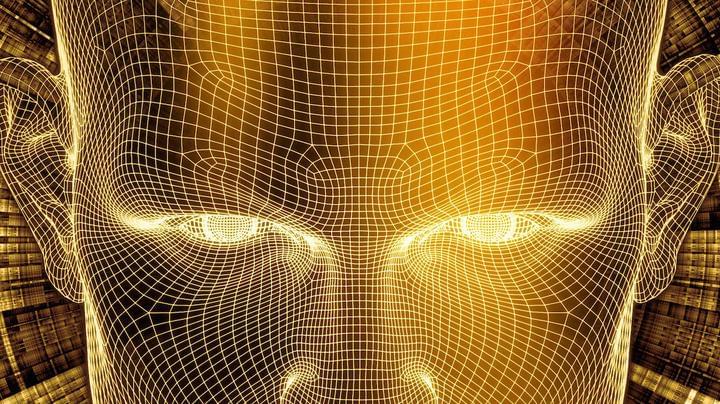As more private data is stored and shared digitally, researchers are exploring new ways to protect data against attacks from bad actors. Current silicon technology exploits microscopic differences between computing components to create secure keys, but artificial intelligence (AI) techniques can be used to predict these keys and gain access to data. Now, Penn State researchers have designed a way to make the encrypted keys harder to crack.
Led by Saptarshi Das, assistant professor of engineering science and mechanics, the researchers used graphene — a layer of carbon one atom thick — to develop a novel low-power, scalable, reconfigurable hardware security device with significant resilience to AI attacks. They published their findings in Nature Electronics today (May 10).
“There has been more and more breaching of private data recently,” Das said. “We developed a new hardware security device that could eventually be implemented to protect these data across industries and sectors.”
